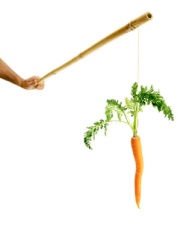
A couple of months back I stumbled upon this book by Michael Heller (a lawyer), Gridlock Economy. It raised a very interesting question in the introduction and convinced me to borrow the book. The book went on to look into different parts of the modern economy where hurdles to economic activities are created because of structures built within the modern economy used to spur economic activities in the first place. It’s an irony we can’t ignore. The author framed them as a ‘Tragedy of the anticommons‘; this idea is from Michael Heller himself so the book is more or less a vehicle to get greater audience exposed to it.
Anyways, it started this way;
A few years ago, a drug company executive presented me with an unsettling puzzle. His scientists had found a treatment for Alzheimer’s disease, but they couldn’t bring it to the market unless the company bought access to a dozen patents. Any single patent owner could demand a huge payoff; some blocked the whole deal. This story does not have a happy ending. The drug sits on the shelf though it might have saved millions of lives and earned billions of dollars.
I thought this is exactly the sort of problem that is going to plague the field of microeconomics in the modern world. The world’s complexity naturally mean that the mesh of technological advancement, legislative hurdles and logistical difficulties in the market would introduce new problems for us to solve. I didn’t quite manage to read much of the book but I’ll try to spend some time researching stuff in this area soon. Meanwhile, USA still probably going to continue being the hot bed for patent disputes.









